Accidentally became "delicious bait" for bad guys
With just a photo with full name, class and school name, bad guys can easily collect data, impersonate relatives, teachers to commit fraud, lure or monitor children. There are many cases of exploitation, causing serious consequences both physically and psychologically. It is undeniable that parents' joy when their children achieve academic success is legitimate. However, in the digital age, publicly sharing content related to children on social networks needs to be carefully considered, because what seems harmless can become "delicious bait" for bad guys.
According to statistics from the authorities, in recent times, there have been hundreds of cases involving children being exploited through social networks. The main cause is the leakage of personal information. Parents publicly posting pictures of their children's activities, electronic report cards or online learning processes can be exploited, stored and used for bad purposes.
Parents post their children's certificates of merit on social networks with full personal information.
The tricks are increasingly sophisticated, such as: Impersonating teachers to report children in distress to request emergency money transfers, or impersonating classmates, texting to borrow money via strange numbers. Notably, the fact that parents have publicly disclosed their children's information online gives the subjects enough data to create trust, causing many people to lose their vigilance and fall into traps. Not only stopping at fraud, revealing personal information also poses the risk of privacy infringement, being monitored in real life, and even becoming the target of groups of subjects with bad behavior towards children.
Responsible sharing to protect children
Faced with the increasingly present risks in the online environment, authorities recommend that parents proactively change their social media usage habits; raise awareness in protecting their children's personal information. Sharing images, academic achievements or children's activities on digital platforms should be carefully considered, ensuring that there are no loopholes for bad actors to exploit.
When using social networks, parents should not publicly post sensitive information related to their children, such as: Full name, class, school name, student code or residential address. This data can be exploited for bad purposes, such as: Impersonation, tracking or fraud. If you really need to share, you should use limited viewer modes and avoid displaying information publicly on personal pages or in open groups.
Posting student photos should be carefully considered, especially photos that can clearly identify the child’s face or school location. Instead, priority should be given to symbolic images that are not associated with specific identifying information. Along with that, parents need to spend time instructing their children on how to use social networks safely, know how to protect privacy and respond promptly to unusual signs on the internet.
In addition to being mindful of shared content, it is also important to apply technical measures to protect personal accounts. Popular platforms such as Facebook, Zalo or TikTok all provide security tools that users can set up to limit access, thereby helping to increase information security for both parents and children.
Protecting children online is not only the responsibility of each family, but also the common duty of the whole society. Every small action, every change in the way adults use social networks today will contribute to creating a more civilized, healthy and safe online environment for future generations.
AN TABLET
Source: https://baoangiang.com.vn/can-trong-khi-chia-se-thanh-tich-hoc-tap-cua-con-tren-mang-a421923.html


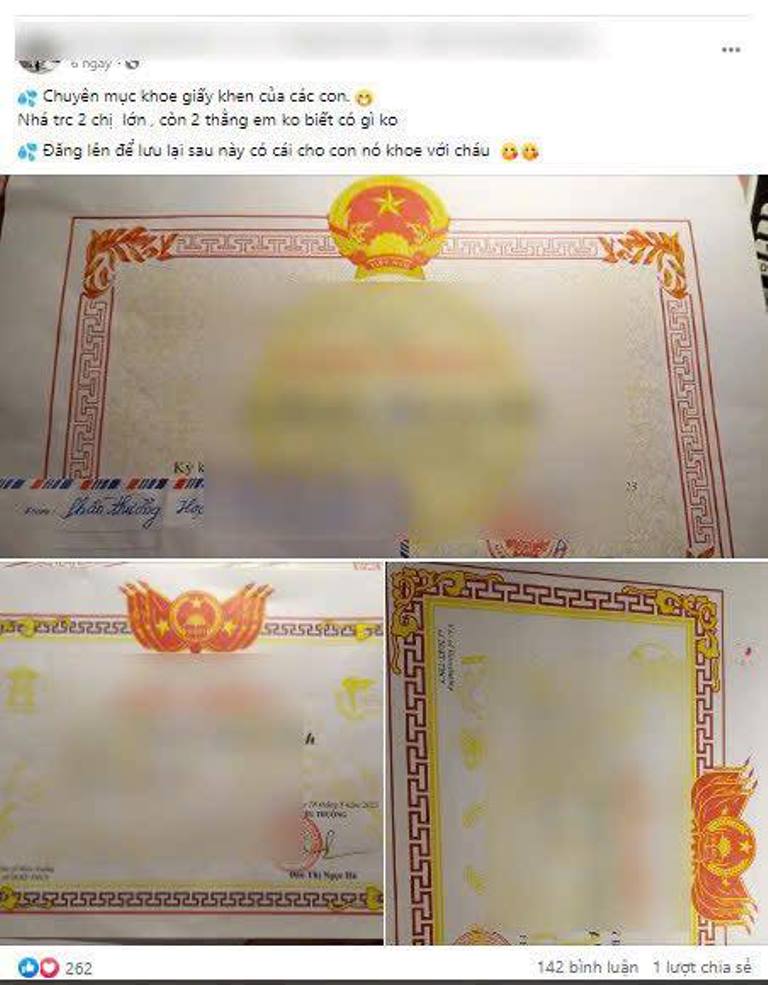








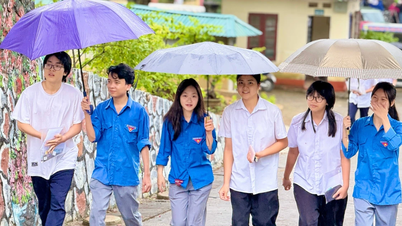















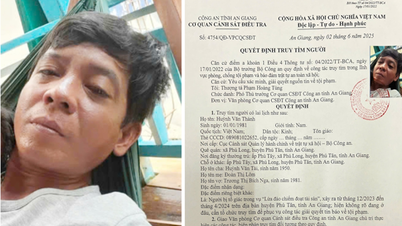
















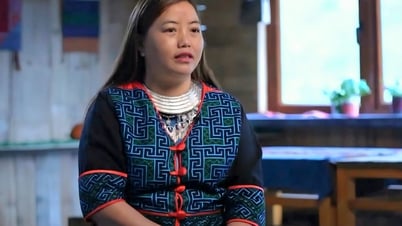

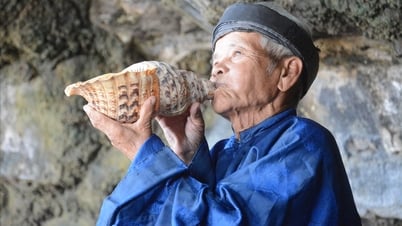





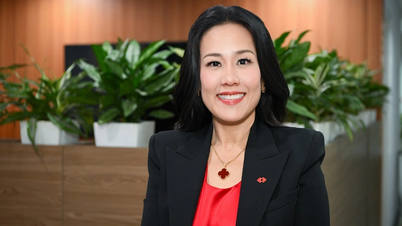



























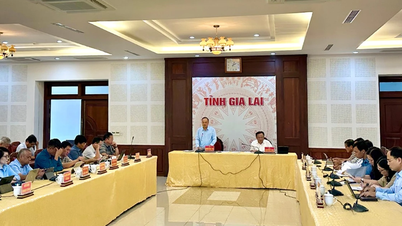









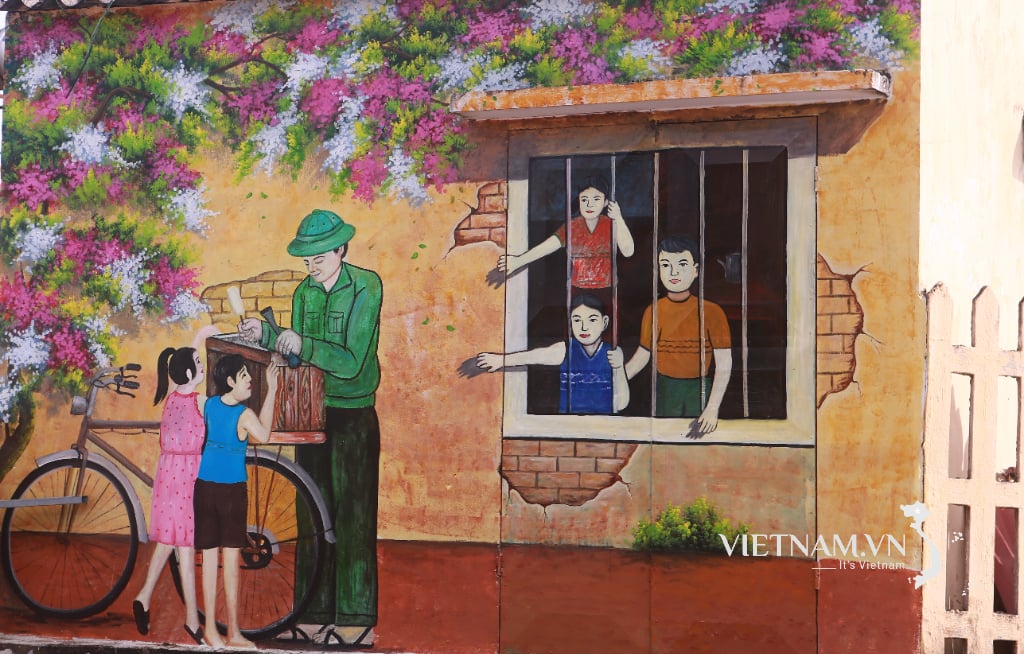

Comment (0)